
Homeopathy
Homeopathy was first used as a complementary or alternative therapy for humans in 1796 and is based on the theory that 'like cures like'. A small amount of a substance is used that has been seen to cause the same symptoms, this is said to invoke a reaction in the body which then brings about a curative process. It is a difficult thing to review because even the trained and qualified homeopathic practitioners are not able to give a definitive answer as to how it affects the body.
A homeopathic remedy is prepared by taking an extract and diluting it then generally dispensing this in a sugared tablet form. These extracts are gained from a variety of sources such as plant, animal and mineral. In more recent years homeopathy has become more common for use in treating animals and now you can purchase many homeopathic remedies over the counter to treat various ailments. Some common ones include: sweetitch, bruising, skin conditions, arthritis, headshaking; COPD, laminitis, sarcoids, and Cushing's syndrome. It is useful for chronic conditions but is not a method of first aid. For many common conditions it is a cheap and natural solution and in general homeopathy is considered to be a safe method for treatment or prevention. There is plenty of anecdotal evidence to suggest the effectiveness of the therapy however not much scientific research on the subject for either horses or humans.
Homeopathy is used by veterinary surgeons and they will belong to the British Association of Homeopathic Veterinary Surgeons. Homeopathic therapists must work under the permission of the veterinary consultant responsible for the animal's care.
When administering a homeopathic remedy to your horse it is important to remember that you should not touch the tablet yourself as this has been found to reduce the effect of the substance. It is also recommended that you do not give the animal any further food or water for fifteen minutes. They should be stored in a dry place away from direct sunlight and strong smells. Homeopathy is a complementary therapy and as such should not be used instead of veterinary treatment where this is necessary but in such cases should be used to complement the healing process.
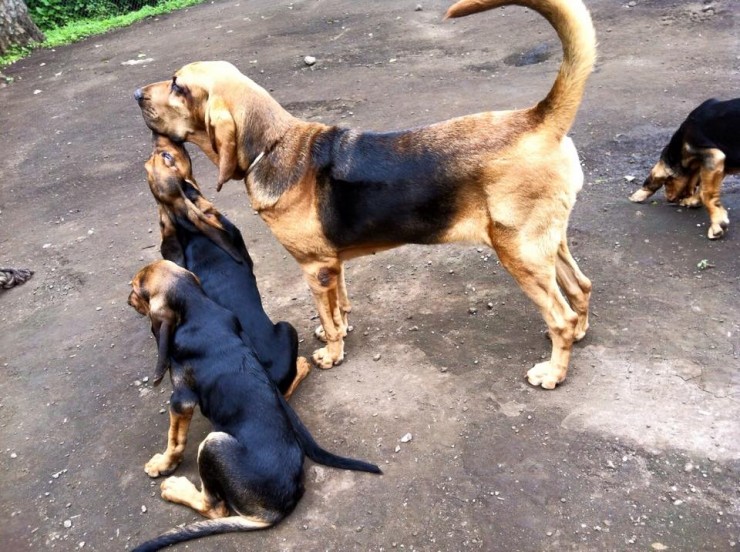 Bloodhounds Help To Stamp Out Elephant Poaching In The Congo
Bloodhounds Help
Bloodhounds Help To Stamp Out Elephant Poaching In The Congo
Bloodhounds Help
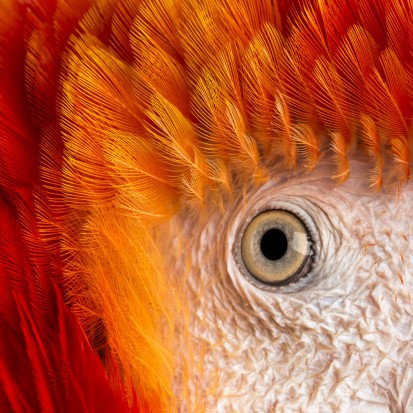 Eye Disorders Commonly Seen In Birds
Eye Disorders Com
Eye Disorders Commonly Seen In Birds
Eye Disorders Com
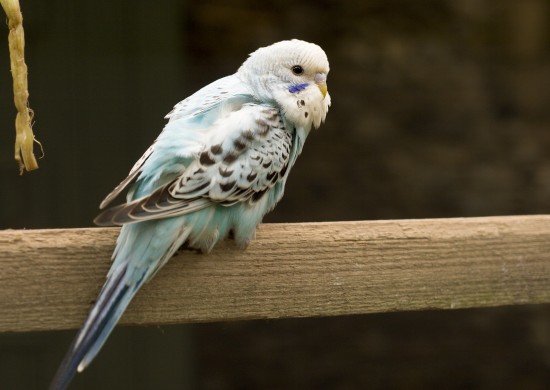 Mites And Other Parasites In Birds
Mites And Other P
Mites And Other Parasites In Birds
Mites And Other P
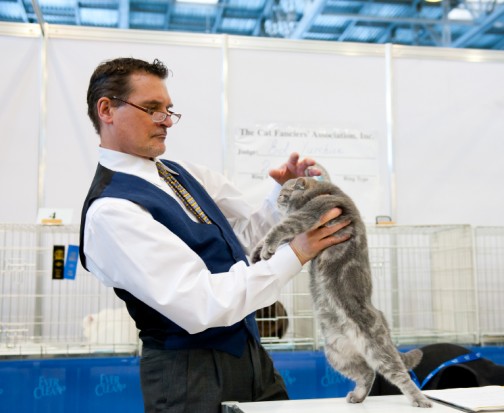 Showing Your Cat
Showing Your Cat If you share your home with cats, have you
Showing Your Cat
Showing Your Cat If you share your home with cats, have you
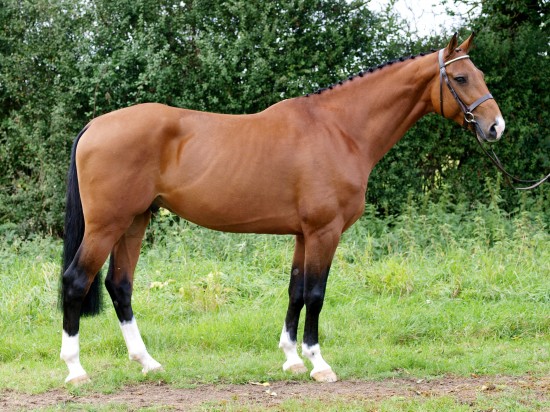 How To Rough Off Your Hunter For The Summer
How To Rough Off
How To Rough Off Your Hunter For The Summer
How To Rough Off
Copyright © 2005-2016 Pet Information All Rights Reserved
Contact us: www162date@outlook.com